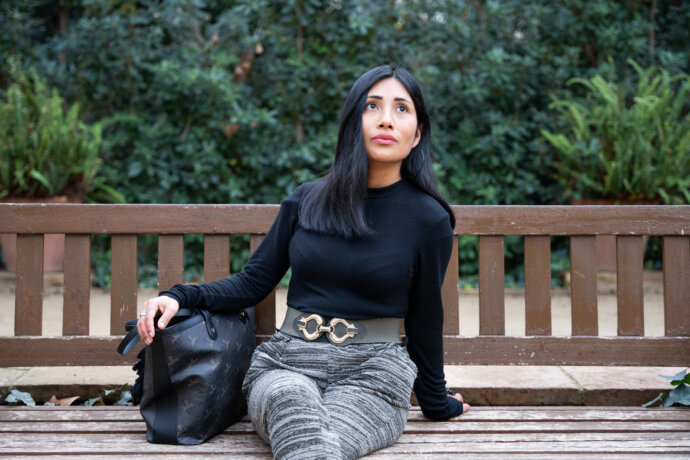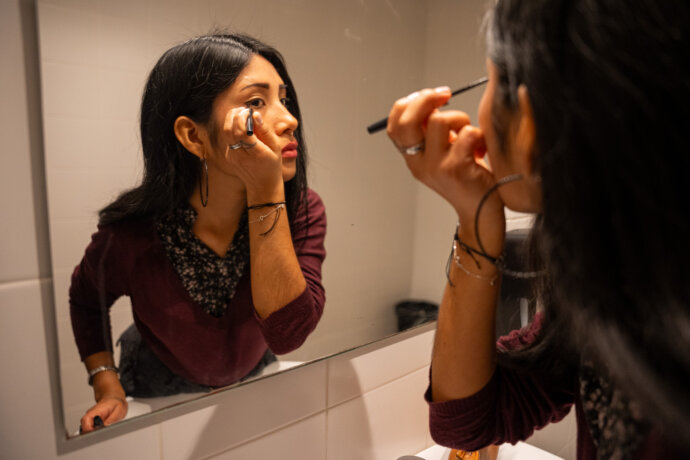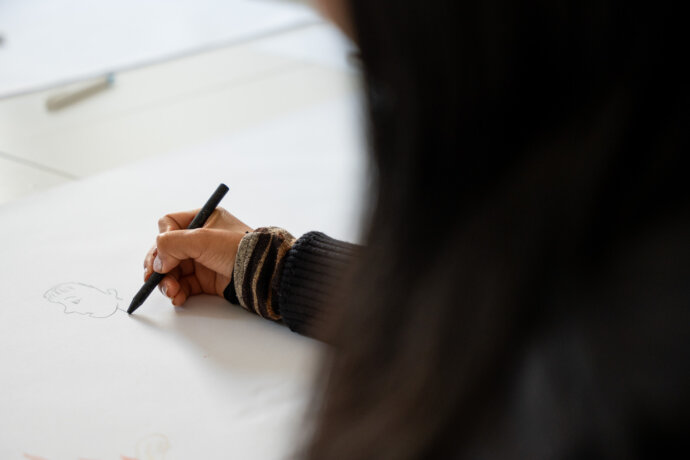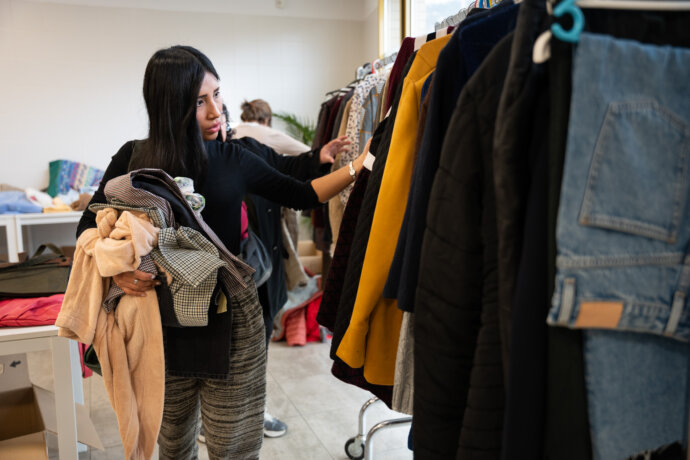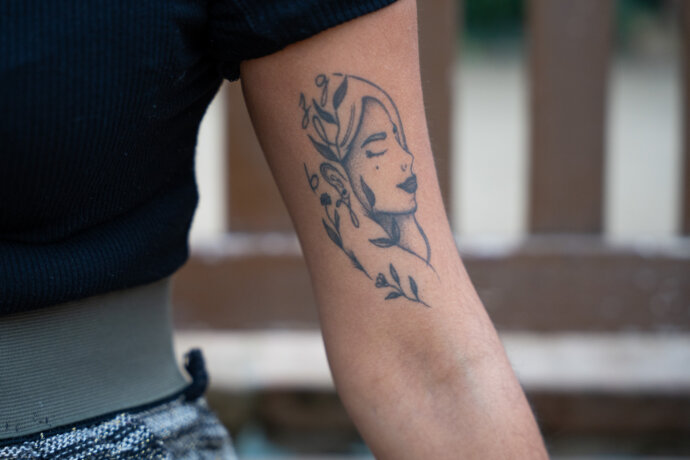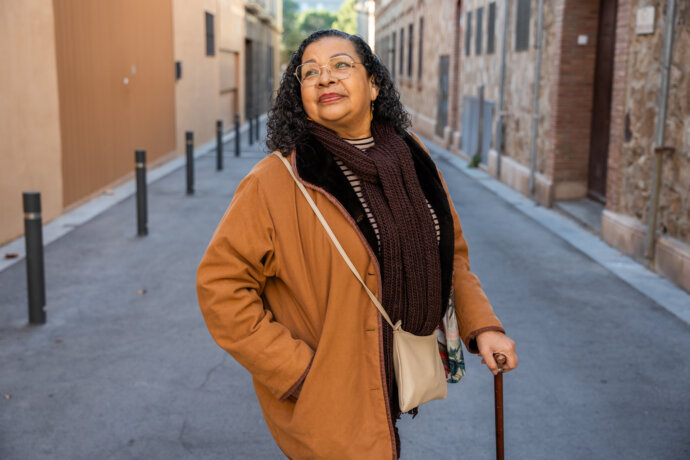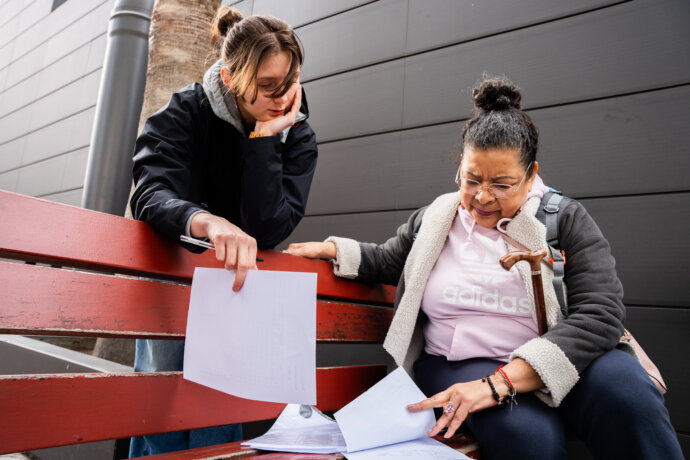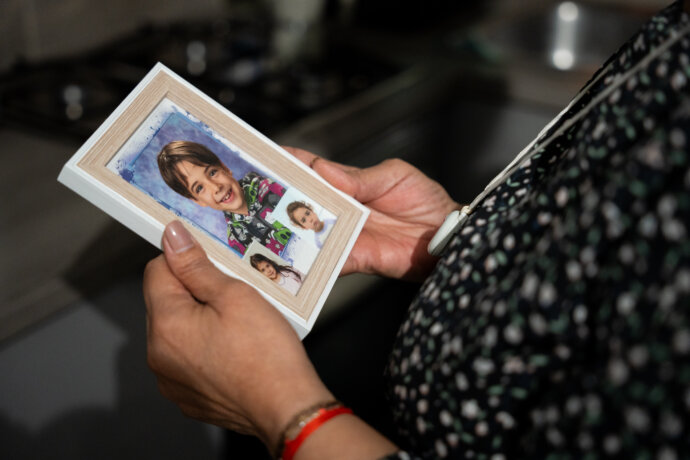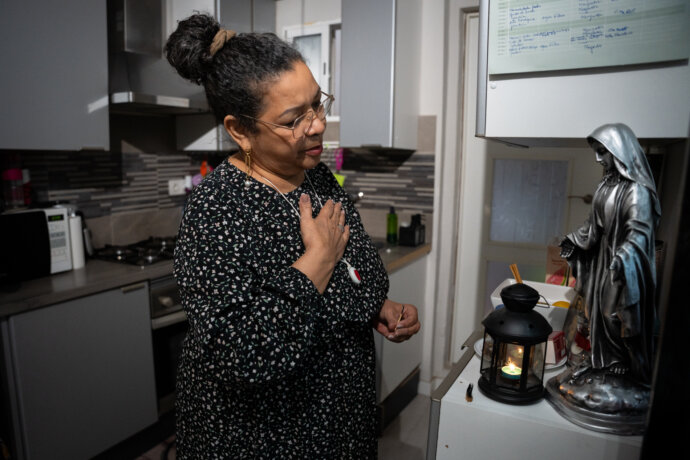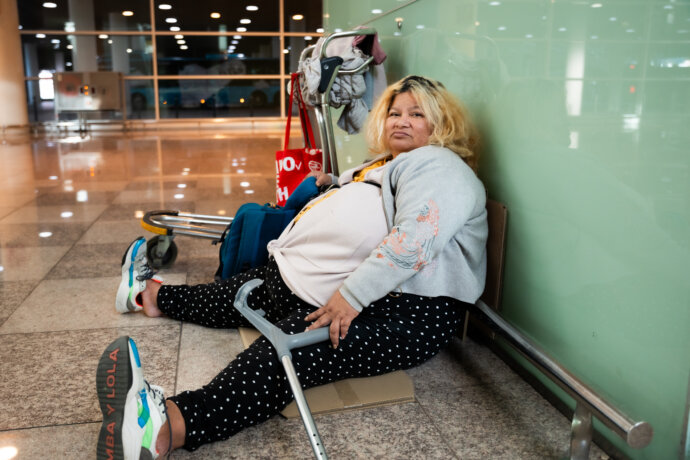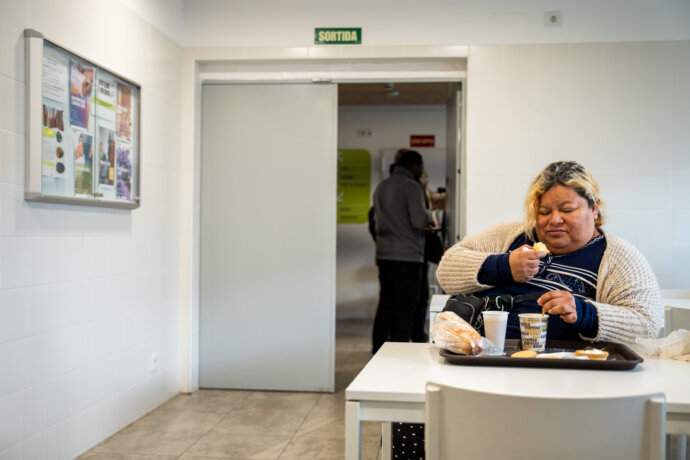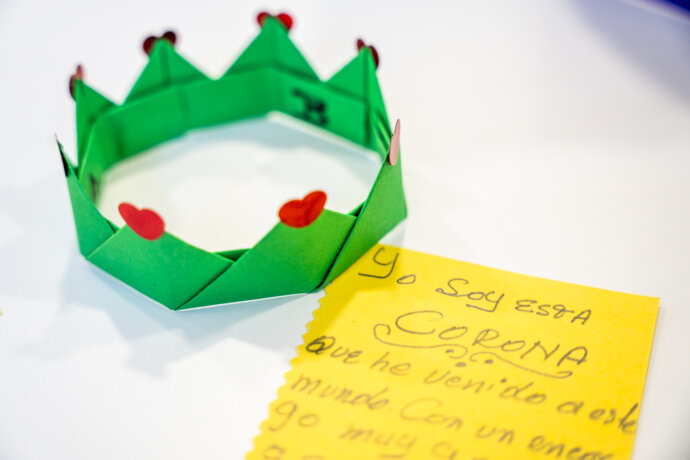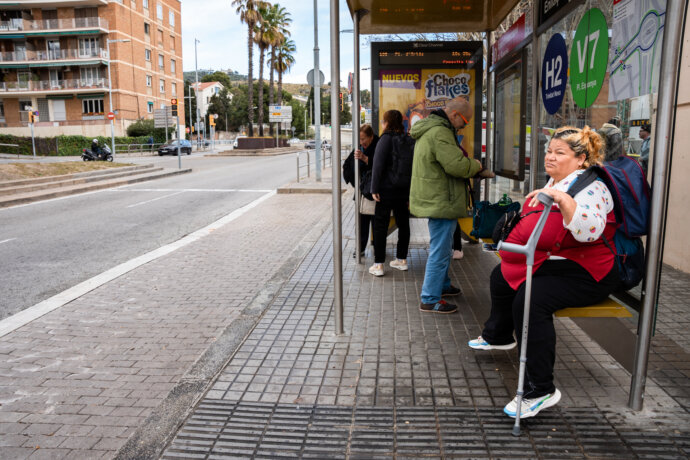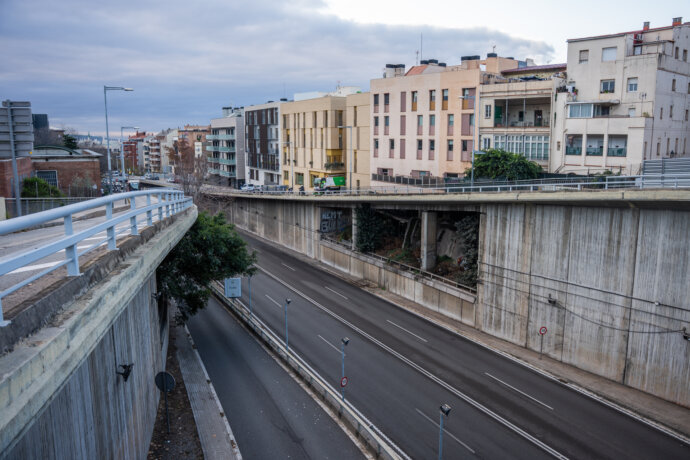The Other Reality of Homeless Women: Resilience, Unity, and Self-Care
When we talk about homeless people, most of us probably have a very clear image in our minds. It’s a reality we’ve normalized as if it were the only one, but even so, there are also other points of view or realities that we may not have fully grasped. The idea of this report is to invite reflection on everything we’ve been taught as a society. It’s important to understand how we’ve integrated certain realities, consequently generating a series of social prejudices that, in this case, are related to homeless women.
In Barcelona alone, there are 1,245 homeless people sleeping on the streets, 329 of whom are women, according to the latest report published by the Barcelona City Council in 2024.
Despite the high number of people who find themselves in such delicate and vulnerable situations, women are not only less visible than men, but also face a higher risk of violence — both physical and psychological — and are subjected to daily abuse.
According to the latest report by ASSÍS (a non-profit association whose objective is to support and meet the basic needs of these vulnerable people in Barcelona), 80% of women surveyed between 2023 and 2024 have suffered some type of violence: 51% psychological violence and 29% physical violence.
Despite the daily obstacles, prejudices, and social exclusion that homelessness entails, many women maintain hope of escaping this situation. They take care of themselves in every way, and even create support and emotional support groups. These spaces provide room for mutual listening and support, without judging other people’s experiences.
This report aims to show the other side of the coin through the stories of Mariela, Fanny, and Julia, three women with completely different situations, but with one thing in common: they have not lost hope in moving forward.
Mariela, originally from Peru, is 28 years old and lives in a Centro de Primera Acogida para Mujeres (a municipal shelter for women in vulnerable situations), run by the Barcelona City Council. She arrived in Spain in 2023 and, since then, has been constantly searching for work and studying Catalan, Italian, and French. She considers herself a persevering, courageous, and optimistic woman.
Resilient, cheerful, and sincere. That’s how Fanny defines herself. Originally from Venezuela, she arrived in Spain in 2016 and, after being evicted and living on the streets for three months, she currently lives in a rented apartment thanks to the help of one of her daughters and her social worker.
Julia, 55, describes herself as a cheerful, generous, and positive woman. She arrived in Spain in 2016 and has been homeless ever since. She usually sleeps at El Prat Airport. Her dream is to return to Peru, her home country, just to visit her parents’ graves.
Mariela, Fanny, and Julia — despite having completely different life stories, personalities, and dreams — meet daily at ASSIS to cover some basic needs and share experiences with other women currently facing similar situations.
Faith, hope, and responsibility for the present are some of the pillars that sustain them day after day. For this reason, finding safe spaces where they can express themselves and share their views and concerns in order to find solutions is essential.
Homelessness — often reduced to the image of people sleeping on the street — actually covers a much broader spectrum. The European Federation of National Organisations Working with the Homeless (FEANTSA) has developed the European Typology of Homelessness and Housing Exclusion. This classification consists of four categories: rooflessness, houselessness, living in insecure housing, and living in inadequate housing.
